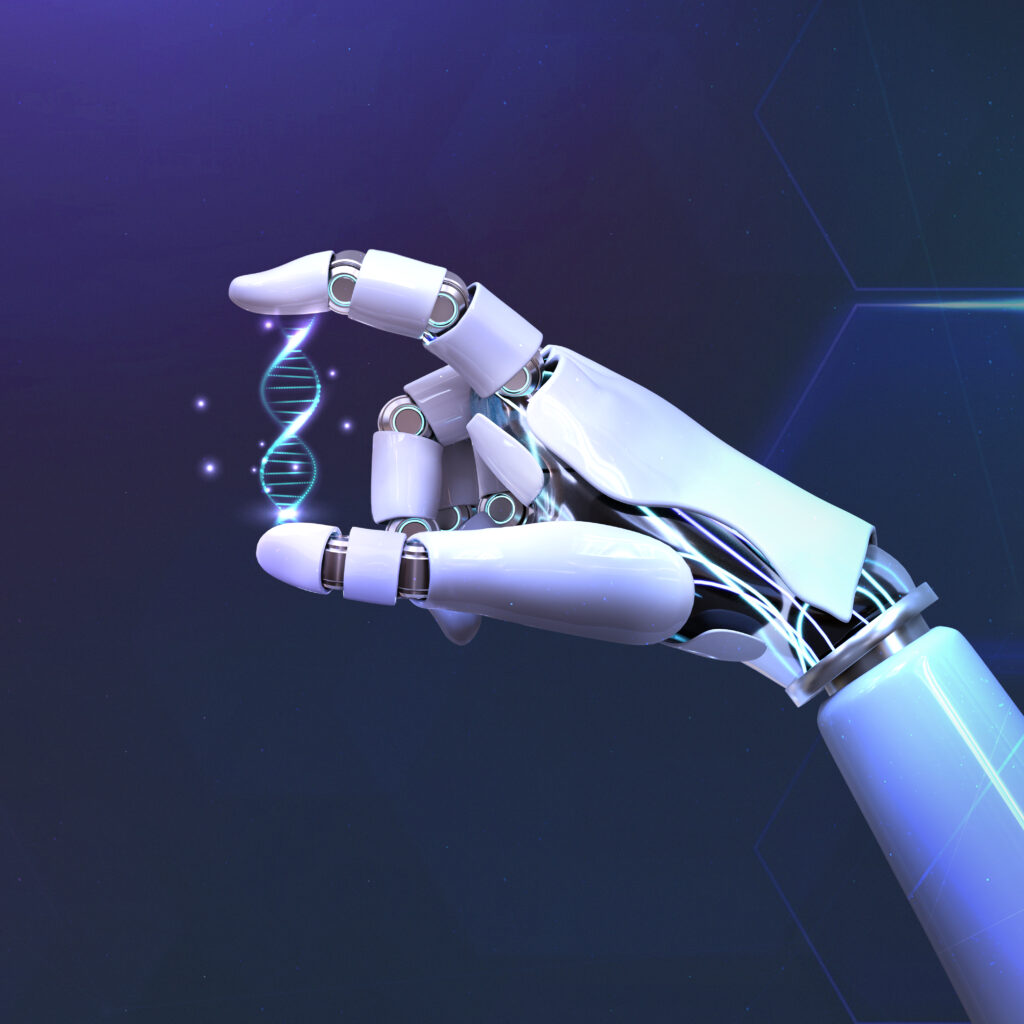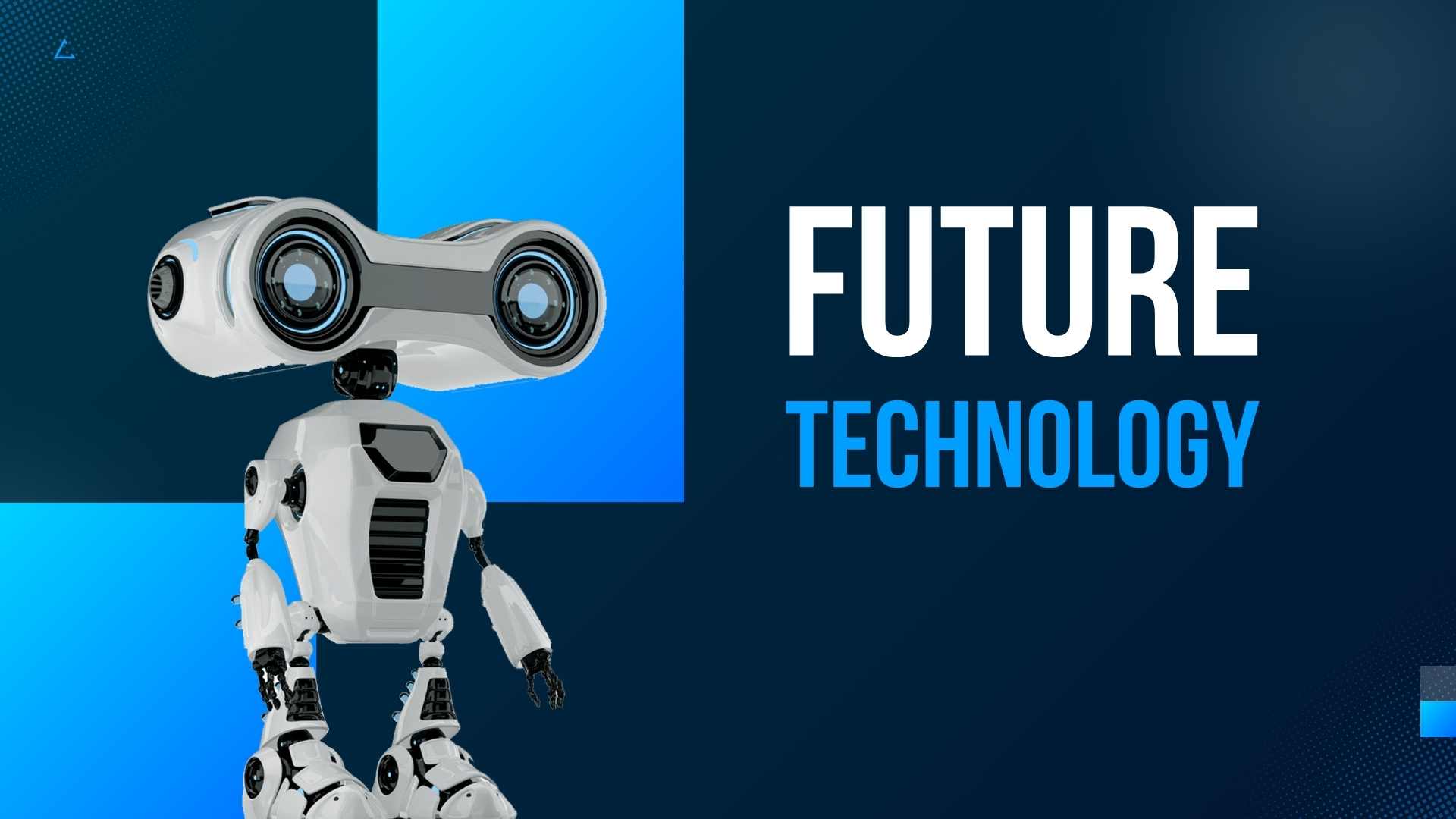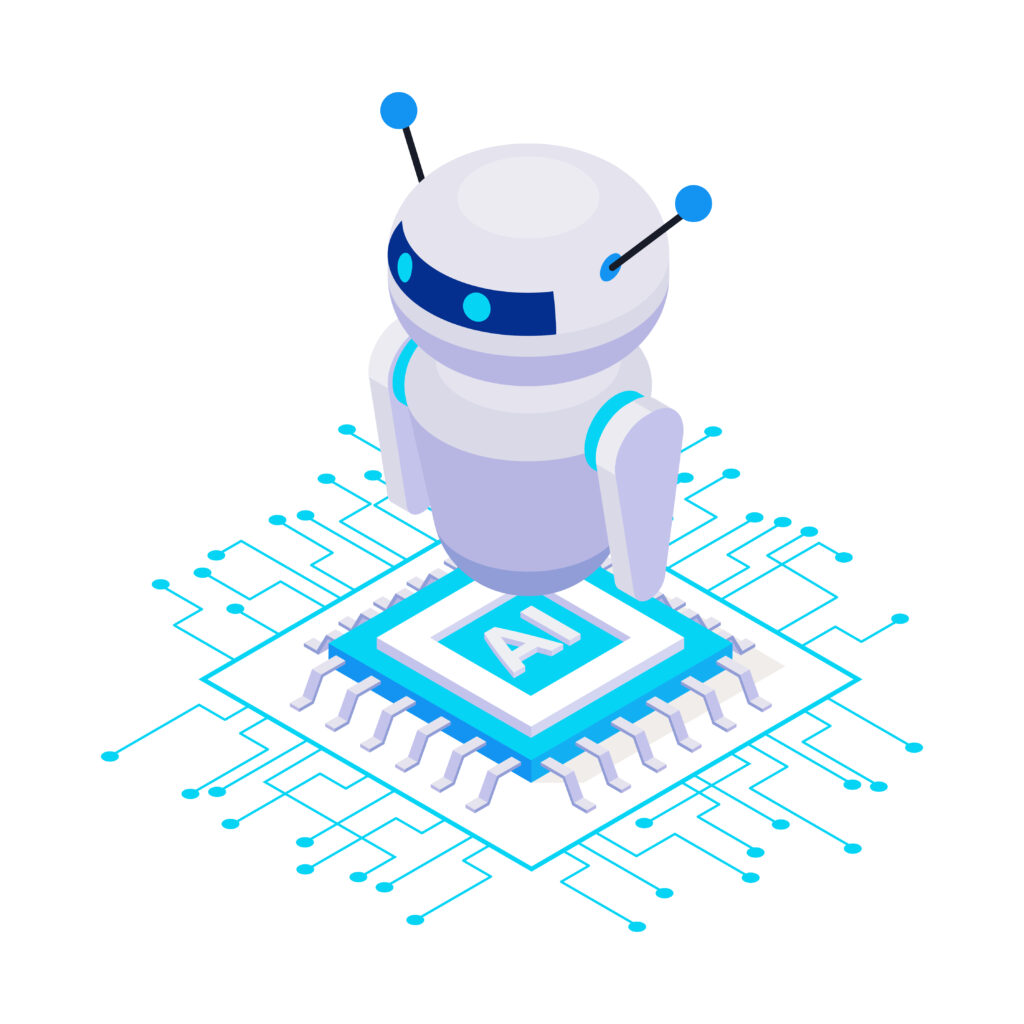Potential Job Displacement
AI and robotics have the potential to significantly impact the job market, leading to the displacement of certain jobs. Here are some key areas where job displacement is likely:
- Manufacturing: Automation and robotics can perform repetitive tasks with greater efficiency and precision, reducing the need for human labor in assembly lines and manufacturing processes.
- Retail and Customer Service: AI-powered chatbots and automated checkout systems can handle customer inquiries and transactions, potentially reducing the demand for human customer service representatives.
- Transportation: Autonomous vehicles and drones could replace drivers and delivery personnel, impacting jobs in the transportation and logistics sectors.
- Administrative and Clerical Work: AI can automate tasks such as data entry, scheduling, and basic decision-making, reducing the need for administrative and clerical staff.
- Healthcare: While AI and robotics can enhance medical procedures and diagnostics, they can also automate tasks such as medical imaging analysis and even some aspects of surgery, potentially displacing certain medical roles.


Potential Job Creation
Despite the risk of job displacement, AI and robotics also have the potential to create new job opportunities in various fields. Here are some areas where job creation is likely:
- AI Development and Maintenance: There will be a growing demand for professionals who can develop, implement, and maintain AI systems and robotic technologies.
- Data Science and Analysis: The increasing use of AI will require data scientists to analyze large datasets and develop algorithms to improve AI systems.
- Robotics Engineering: As robotics technology advances, there will be a need for engineers to design, build, and maintain robotic systems for various applications.
- Cybersecurity: With the rise of AI and connected devices, cybersecurity professionals will be essential to protect against cyber threats and ensure data privacy.
- Healthcare and Elder Care: AI and robotics can augment the capabilities of healthcare providers, creating new roles in telemedicine, remote patient monitoring, and personalized healthcare services.
- Education and Training: The need for skilled workers in AI and robotics will drive demand for educators and trainers to teach these new technologies.
Tips for Workers to Stay Relevant
To stay relevant in an AI and robotics-driven job market, workers can take the following steps:
- Continuous Learning: Stay updated with the latest advancements in AI and robotics by taking online courses, attending workshops, and participating in industry conferences.
- Upskill and Reskill: Acquire new skills that are in demand, such as programming, data analysis, machine learning, and robotics engineering. Many educational institutions and online platforms offer specialized courses in these areas.
- Embrace Lifelong Learning: Develop a mindset of lifelong learning to adapt to the constantly changing technological landscape. This includes being open to learning new tools, technologies, and methodologies.
- Focus on Soft Skills: While technical skills are important, soft skills such as critical thinking, creativity, problem-solving, and emotional intelligence are also valuable. These skills are often harder to automate and can set workers apart.
- Gain Practical Experience: Seek internships, apprenticeships, or project-based work to gain hands-on experience with AI and robotics technologies. Practical experience can enhance your understanding and make you more attractive to employers.
- Network and Collaborate: Join professional organizations, attend industry events, and participate in online forums to network with peers and industry experts. Collaboration can lead to new opportunities and insights.
- Explore New Roles: Be open to exploring new roles and industries that are emerging as a result of AI and robotics advancements. Flexibility and adaptability are key to staying relevant in a rapidly evolving job market.
By proactively adapting to the changes brought about by AI and robotics, workers can position themselves to thrive in the future job market.

Add a Comment